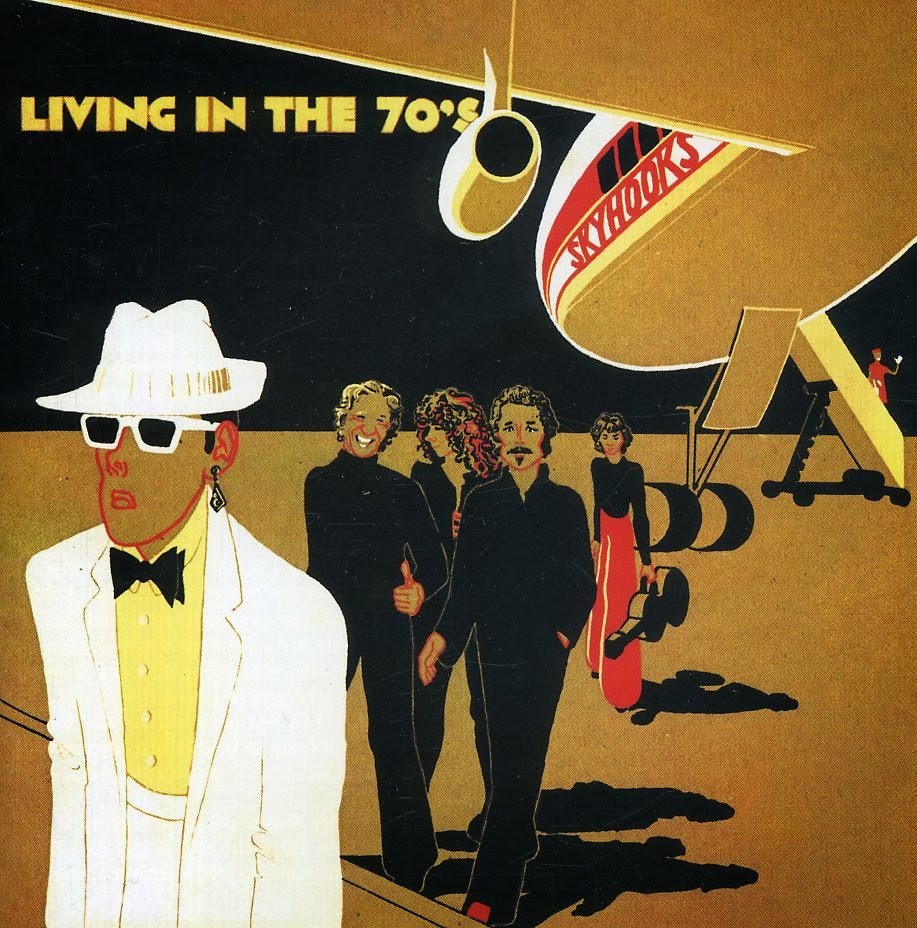Daddy Cool band members Ross Wilson, Gary Young and Wayne Duncan were today devastated to learn of their long term friend and band mate Ross Hannaford’s death. “We’re gutted” says Wayne Duncan, before adding “We’ve lost a great friend today. He took me on many a journey”. Gary joined in “We’ve lost one of the world’s most unique guitarists” Ross Wilson said of his lifelong friend and musical colleague “We were so lucky to find each other in the wilds of 60’s suburban Melbourne. He was like my little brother, we grew up together in life and in music. He was truly one of a kind”
The band send deepest condolences to his family and many friends.
See previous post on Daddy Cool










